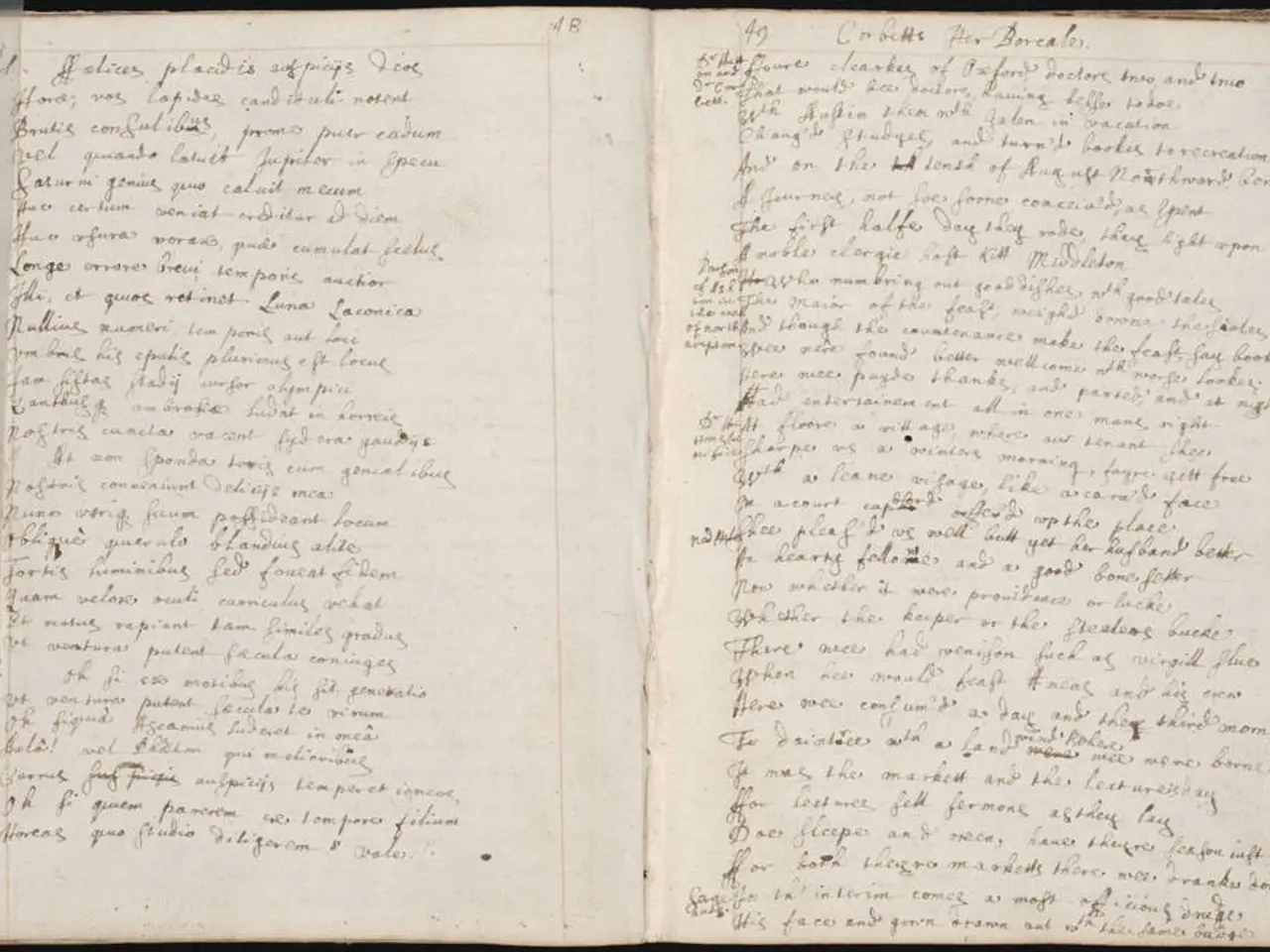Reducing Mental Distress Through Music: Its Stress-Busting Impact on Anxiety
In the realm of stress management and mental health, music has emerged as a potent ally. Scientific studies have consistently shown that certain genres, particularly classical and calming music, are effective in reducing anxiety levels.
Classical music, especially Baroque, has been proven to regulate emotions effectively and improve anxiety and depression symptoms. This genre induces a calm, stable state of mind and improves relaxation markers such as breathing and heart rate. Favourite classical compositions, such as those by Mozart and Chopin, are noted for their anxiolytic effects, both in humans and animals.
Music therapy and music-based interventions (MBIs) have also demonstrated significant reductions in anxiety, particularly in clinical populations. These interventions benefit both clinical and non-clinical groups, enhancing subjective well-being and lowering anxiety symptoms.
Peaceful, calming instrumental music is associated with relaxation effects, facilitating better sleep and stress reduction by lowering stress-related hormones. Listening to such music can provide a therapeutic escape from the obligations of daily life.
While personal preference influences emotional response, instrumental genres like ambient music offer listeners an opportunity to concentrate on the music itself, potentially creating a meditative condition that releases stress and provides mental clarity.
In addition to traditional music therapy, unique pieces and genres are utilised by music therapists to make interventions compatible with the specific needs of anxiety disorders and other mental health conditions of individuals. Music meditation classes can assist people in managing their stress levels by introducing relaxing music and verbal directions or affirmations.
Research indicates the therapeutic effects of music in reducing chronic stress across different populations, including those with anxiety disorder. Background music with low intensity can remove the burden of work and provide a feeling of calm and exit from stress.
The use of music therapy and music medicine has a positive impact on the quality of life of cancer patients, reducing their anxiety and stress levels. Guided meditation music, without narration or affirmations, can assist individuals in winding down and achieving a calm mind state.
The Solfeggio series, used in meditation and healing practices, can balance and restore harmony in the body. Binaural beats can reduce stress and make concentration easier. Gregorian and Choral music can induce a state of reverent meditation and provide a sense of spiritualness.
As research continues, the underlying mechanisms of music's effects are being further explored, revealing the true power of music therapy. Embracing the healing power of music can enhance spiritual bonds between oneself and the community, ultimately leading to a utopian existence and a joyous life.
In conclusion, classical and calming music genres emerge as scientifically validated for reducing anxiety. While personal preference influences emotional response, peaceful classical music and structured music-based interventions are most consistently supported by research to lower anxiety levels. Music provides a powerful tool for stress management and mental health, offering an accessible and enjoyable means of relaxation and stress reduction.
- Beginner piano lessons focusing on classical piano technique can help individuals reduce anxiety and improve their mental health.
- Solitary piano practice, especially of calming compositions like Mozart's Sonatas for Piano, can create a meditative condition that promotes personal growth and stress relief.
- Piano lessons as a part of lifestyle and education-and-self-development programs can boost health-and-wellness, contributing to overall mental health and wellbeing.
- Incorporating classical piano playtime into the routine can turn entertainment into a stress management tool, offering pleasure while also reducing anxiety symptoms.
- As music therapy advances, researchers continue to uncover the science behind classical piano's therapeutic effects, reinforcing its importance in mental health care and personal growth.
- By expanding the repertoire to include unique pieces from versatile composers like Chopin and Beethoven, music therapists can cater to the specific needs of individuals seeking stress relief and mental clarity through piano practice.




